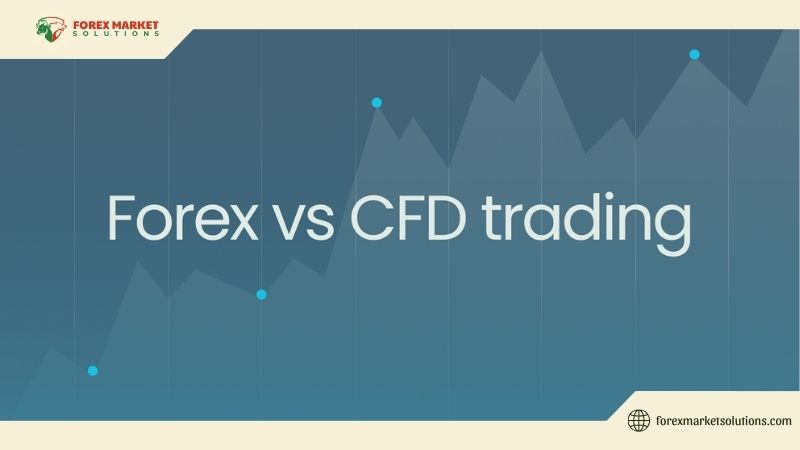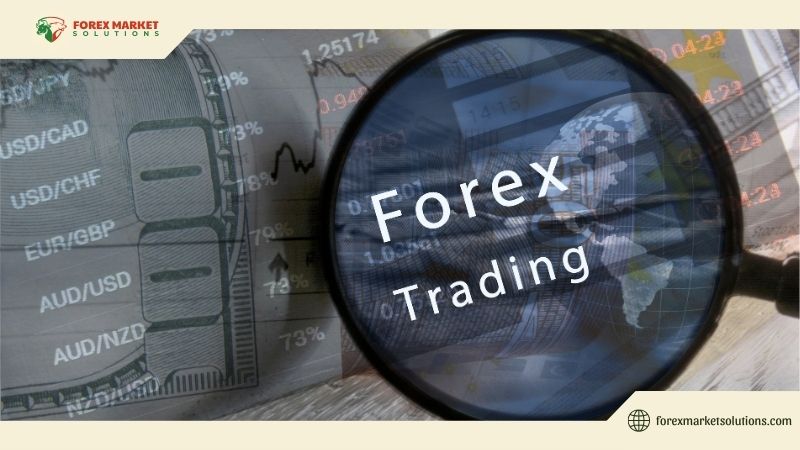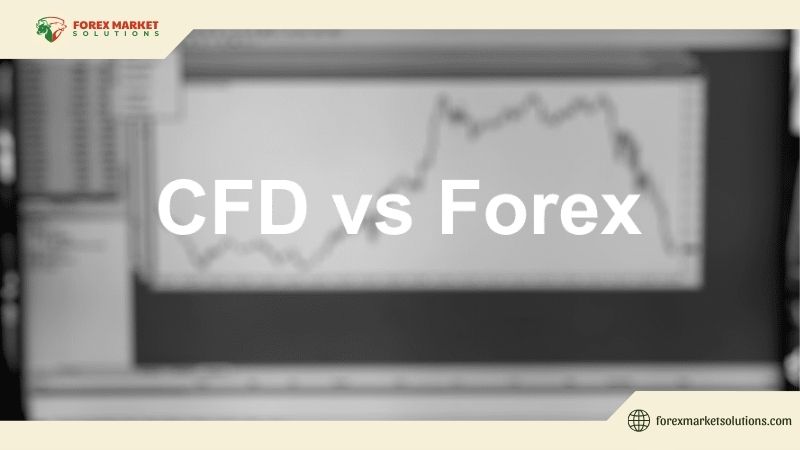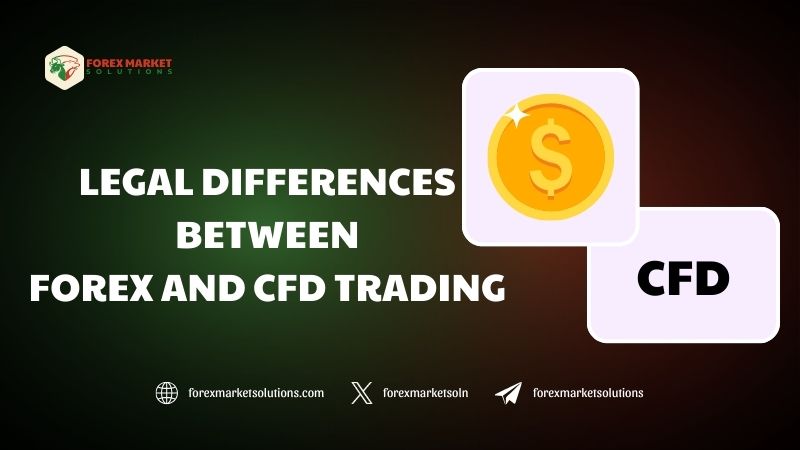In the dynamic world of financial markets, Forex and Contracts for Difference (CFD) trading are two popular avenues for investors seeking to capitalize on price movements. However, understanding the legal differences between Forex and CFD trading is crucial for navigating these markets safely and effectively. While both involve speculative trading, their legal frameworks, regulatory oversight, and compliance requirements vary significantly. This article delves into the key legal distinctions, helping traders make informed decisions while ensuring adherence to applicable laws.

What Are Forex and CFD Trading?
To understand the legal differences between Forex and CFD trading, it’s essential to first define these two financial instruments. Forex trading involves buying and selling currency pairs, such as EUR/USD or GBP/JPY, based on exchange rate fluctuations. It is one of the largest and most liquid markets globally, operating 24/5 through decentralized networks like banks and brokers.
CFD trading, on the other hand, involves contracts between a trader and a broker to exchange the difference in an asset’s price from the time the contract is opened to when it is closed. CFDs allow traders to speculate on various assets, including stocks, commodities, indices, and even currencies, without owning the underlying asset. While both Forex and CFD trading offer opportunities for profit, their legal structures differ due to the nature of the instruments and the markets they operate in.
Regulatory Oversight for Forex Trading
One of the primary legal differences between Forex and CFD trading lies in regulatory oversight. Forex trading is subject to strict regulations in most countries, given its global scale and significant impact on economies. In the United States, Forex brokers must register with the Commodity Futures Trading Commission (CFTC) and become members of the National Futures Association (NFA). These bodies enforce rules on leverage limits, transparency, and client fund protection.
In the European Union, Forex trading falls under the Markets in Financial Instruments Directive (MiFID II), overseen by authorities like the Financial Conduct Authority (FCA) in the UK or CySEC in Cyprus. These regulations mandate segregated client accounts, negative balance protection, and clear risk disclosures. Other jurisdictions, such as Australia (ASIC) and Japan (FSA), also impose robust frameworks to ensure fair practices in Forex markets.
The decentralized nature of Forex trading means regulations focus heavily on broker conduct and client safety. Understanding these rules is a critical aspect of navigating the legal differences between Forex and CFD trading, as they shape how traders interact with the market.

Regulatory Framework for CFD Trading
CFD trading, by contrast, operates under a different regulatory lens, contributing to the legal differences between Forex and CFD trading. Since CFDs are derivative products, they are often classified as complex financial instruments, attracting stricter oversight in some regions. In the EU, the European Securities and Markets Authority (ESMA) imposes stringent rules on CFD brokers, including leverage caps (e.g., 30:1 for major currency pairs and lower for other assets) and mandatory risk warnings.
In the U.S., CFD trading is largely restricted for retail investors due to CFTC regulations, which prioritize futures and options markets. This makes CFDs less accessible compared to Forex, which enjoys broader retail participation. In countries like Australia and the UK, CFD brokers must comply with local regulations, such as ASIC’s product intervention powers or the FCA’s client money rules, but the flexibility of CFDs as a product often leads to variations in how they are regulated globally.
The complexity of CFDs, which cover diverse asset classes, means regulators often impose additional requirements, such as enhanced disclosures or restrictions on marketing to inexperienced traders. These distinctions highlight the legal differences between Forex and CFD trading and underscore the need for traders to choose regulated brokers.
Leverage and Margin Requirements
Another key area where the legal differences between Forex and CFD trading manifest is in leverage and margin requirements. Leverage allows traders to control larger positions with smaller capital, but it also amplifies risk. Regulatory bodies set leverage limits to protect retail traders, and these limits differ between Forex and CFD trading.
In Forex trading, leverage is typically higher due to the market’s liquidity and lower volatility compared to other assets. For example, EU regulations allow up to 30:1 leverage for major currency pairs, while jurisdictions like Japan may permit higher ratios under strict conditions. Forex brokers must also maintain adequate margin levels to prevent clients from falling into negative balances, a requirement reinforced by regulations like MiFID II.
CFD trading, however, often faces tighter leverage restrictions because of the diverse and volatile nature of underlying assets. For instance, ESMA caps leverage at 20:1 for non-major currency pairs, 10:1 for commodities, and as low as 2:1 for cryptocurrencies. These varying limits reflect the legal differences between Forex and CFD trading, as regulators tailor rules to the risk profiles of each market.

Client Fund Protection and Broker Obligations
Client fund protection is a cornerstone of financial regulation and a significant factor in the legal differences between Forex and CFD trading. In Forex trading, brokers are required to segregate client funds from their operational accounts, ensuring that traders’ money is safe in case of broker insolvency. This is a standard requirement under regulators like the FCA, CFTC, and ASIC.
CFD brokers face similar obligations, but the complexity of CFD products often leads to additional safeguards. For example, ESMA mandates negative balance protection for CFD traders in the EU, meaning clients cannot lose more than their account balance. This rule is less consistently applied in Forex trading, where negative balance protection may depend on the broker or jurisdiction.
Compensation schemes also vary. In the UK, the Financial Services Compensation Scheme (FSCS) covers losses up to £85,000 for clients of FCA-regulated Forex and CFD brokers. However, the eligibility and extent of coverage can differ based on the product and broker status, further illustrating the legal differences between Forex and CFD trading.
Taxation and Reporting Requirements
Taxation is another area where the legal differences between Forex and CFD trading become apparent. In many countries, profits from Forex trading are treated as capital gains or speculative income, subject to tax reporting. For instance, in the U.S., Forex gains are taxed under Section 988, with a 60/40 split between long-term and short-term capital gains for certain contracts. Traders must maintain detailed records to comply with IRS requirements.
CFD trading, however, may be taxed differently depending on the jurisdiction and asset class. In the UK, CFD profits are typically subject to capital gains tax, but the lack of stamp duty (since CFDs don’t involve owning the underlying asset) can be an advantage. In Australia, CFD gains are treated as ordinary income for frequent traders, while less active traders may report them as capital gains.
These tax nuances require traders to consult local tax authorities or professionals to ensure compliance. Understanding the legal differences between Forex and CFD trading in terms of taxation helps traders plan their finances and avoid unexpected liabilities.
Risks and Legal Disclosures
Both Forex and CFD trading carry high risks, but the legal differences between Forex and CFD trading are evident in how these risks are communicated. Regulators require brokers to provide clear risk warnings, but CFD trading often demands more extensive disclosures due to its complexity. For example, ESMA mandates that CFD brokers display the percentage of retail clients who lose money, typically around 70-80%.
Forex brokers also provide risk warnings, but the focus is often on leverage and market volatility. The simpler structure of Forex trading means disclosures are generally less intricate than those for CFDs, which span multiple asset classes. These differences in legal obligations reflect the unique challenges of each market and the need for tailored investor protections.

Choosing the Right Market for You
Navigating the legal differences between Forex and CFD trading is essential for choosing the market that aligns with your goals and risk tolerance. Forex trading offers high liquidity and straightforward currency pair trading, making it ideal for those focused on macroeconomic trends. Its regulatory framework is well-established, providing a sense of security for retail traders.
CFD trading, however, offers greater flexibility, allowing speculation on diverse assets without ownership. While this versatility is appealing, the stricter regulations and higher risks require careful consideration. By understanding the legal differences between Forex and CFD trading, traders can select a market that suits their strategy and ensures compliance with local laws.
Stay Informed and Trade Wisely
The legal differences between Forex and CFD trading play a pivotal role in shaping how traders approach these markets. From regulatory oversight and leverage limits to client fund protection and taxation, each market has unique legal considerations that impact trading decisions. By understanding these distinctions, traders can operate with confidence, minimize risks, and stay compliant with applicable laws.
Whether you’re drawn to the liquidity of Forex or the versatility of CFDs, knowledge is your greatest asset. For more expert insights, trading strategies, and updates on financial markets, visit Forex Market Solutions. Follow our website today to unlock the tools and resources you need to succeed in Forex and CFD trading!
